industrial flooring
Ensuring that all electrical and mechanical rooms have watertight floors with fully sealed penetrations is crucial for several reasons, including preventing water damage, maintaining safety, and complying with building codes. Other requirements typically address factors; such as, load-bearing capacity, fire resistance, electrical conductivity, and maintenance. By adhering to these requirements, the flooring in these areas can enhance the facilities' safety, functionality, and longevity.
flooring for manufacturing facilities
The need for thermal insulation and temperature control are one of the reasons for utilizing resinous flooring options in data centers and server rooms. Thermal insulation is important for these areas for energy efficiency and cost savings in industrial and commercial buildings. It can also improve indoor air quality, comfort, and reduce heating and cooling costs.
Logistics flooring options
When selecting flooring for electrical rooms, particularly where non-conductive and static dissipative properties are required, epoxy flooring systems offer several effective options. These options are designed to meet safety standards while providing the necessary durability and ease of maintenance.
warehouse flooring
Resinous floors, specifically designed for mechanical rooms, offer a range of advantages that go beyond mere durability. These floors are known for their exceptional load-bearing capacity, making them suitable for areas that house heavy machinery and equipment. Certain resinous coatings have an inherent ability to withstand extreme temperatures, which is a crucial feature for mechanical rooms that often experience varying thermal conditions.
PHOTO GALLERY






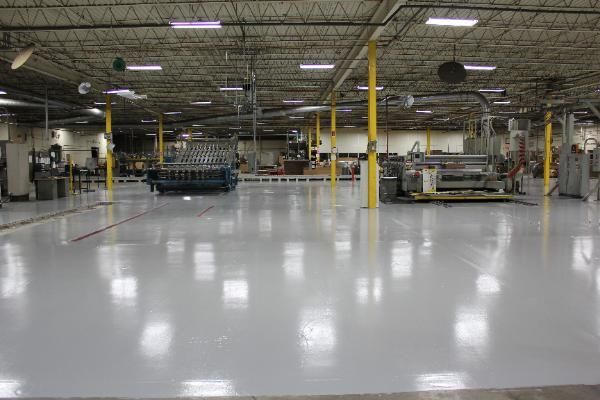
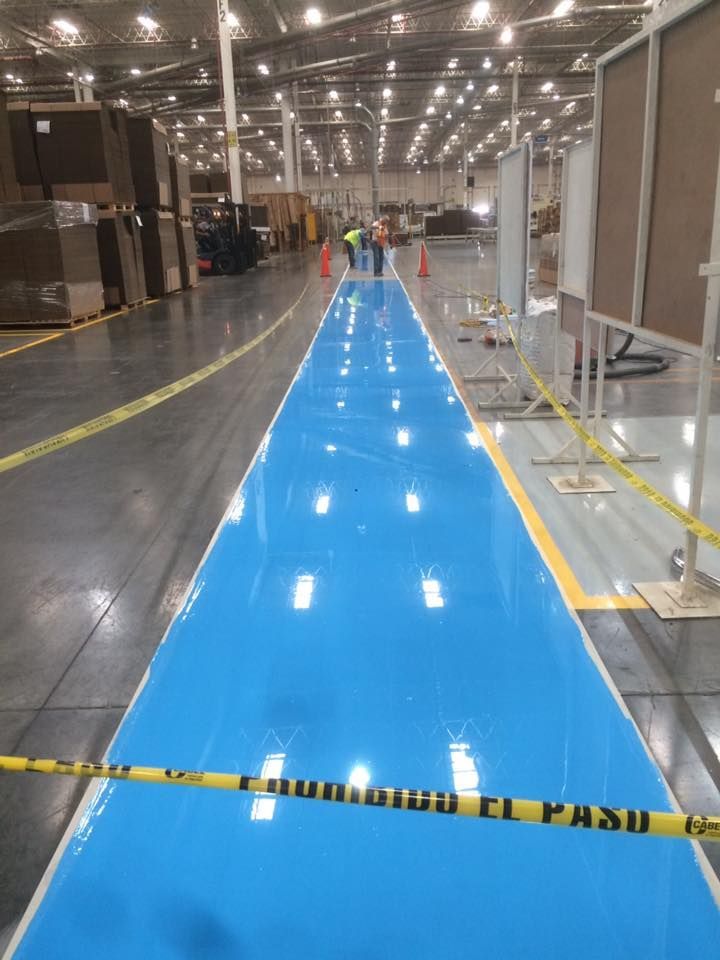
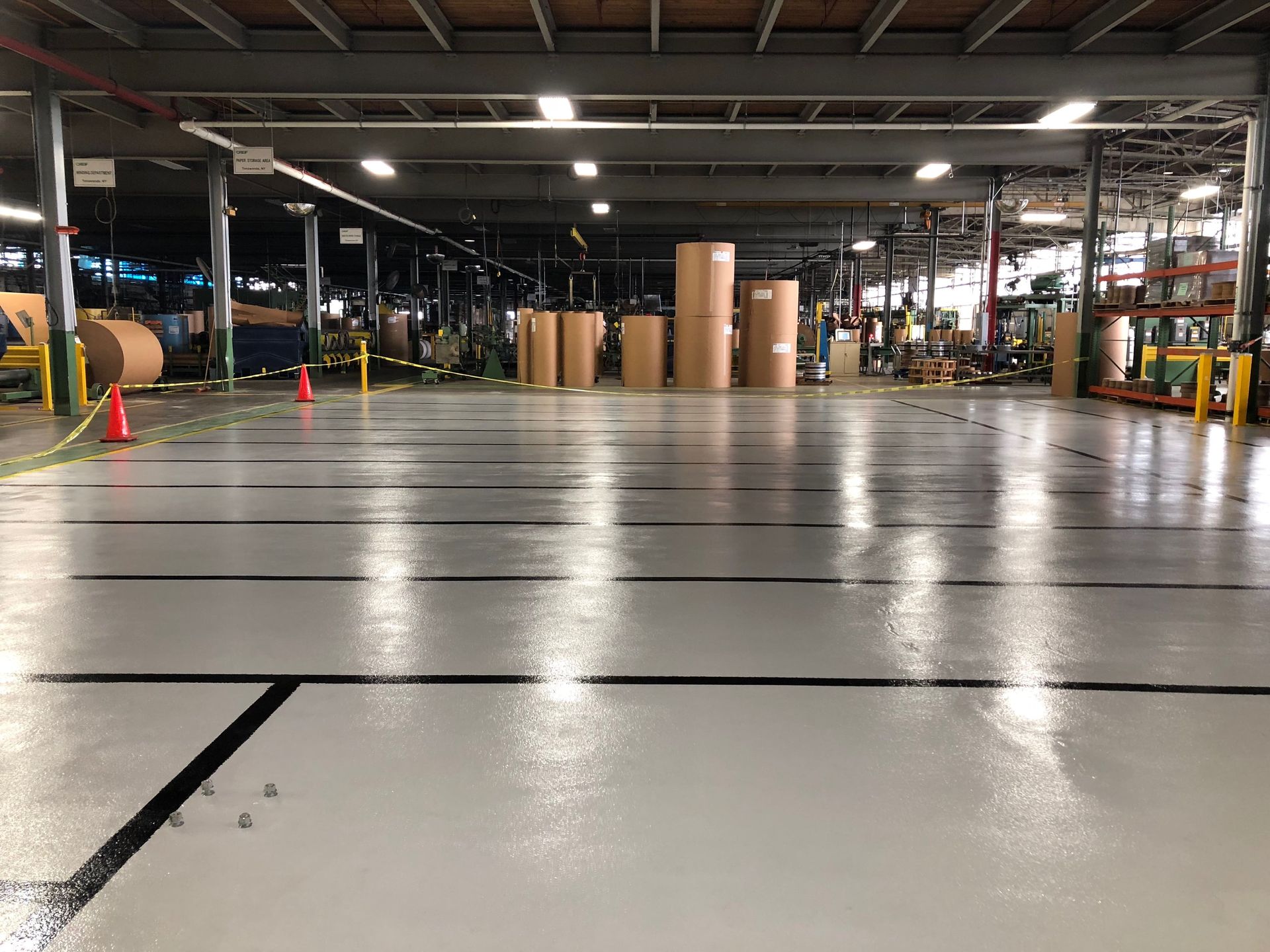
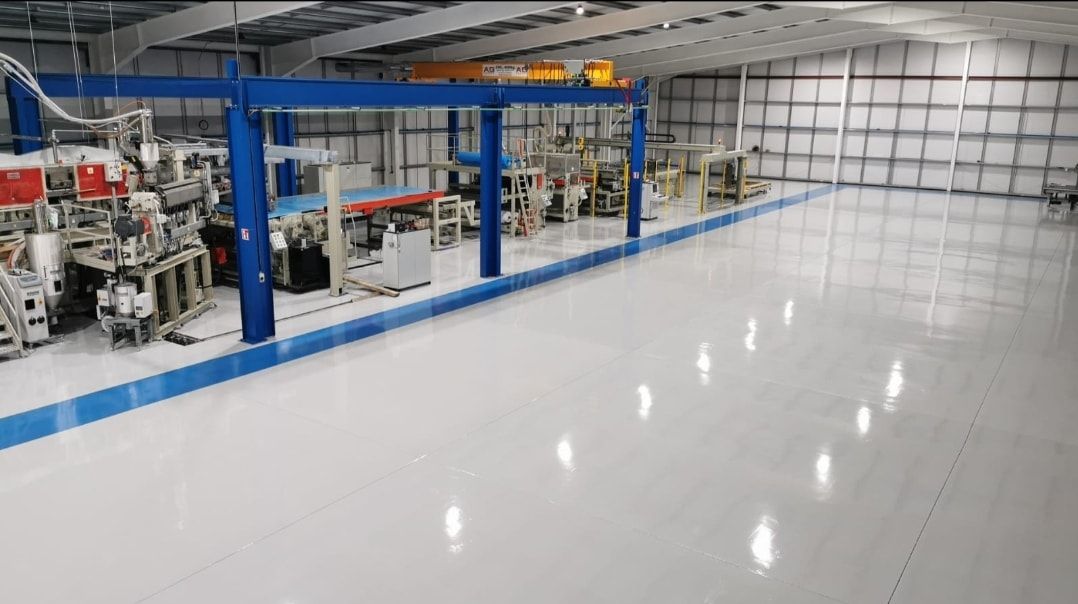
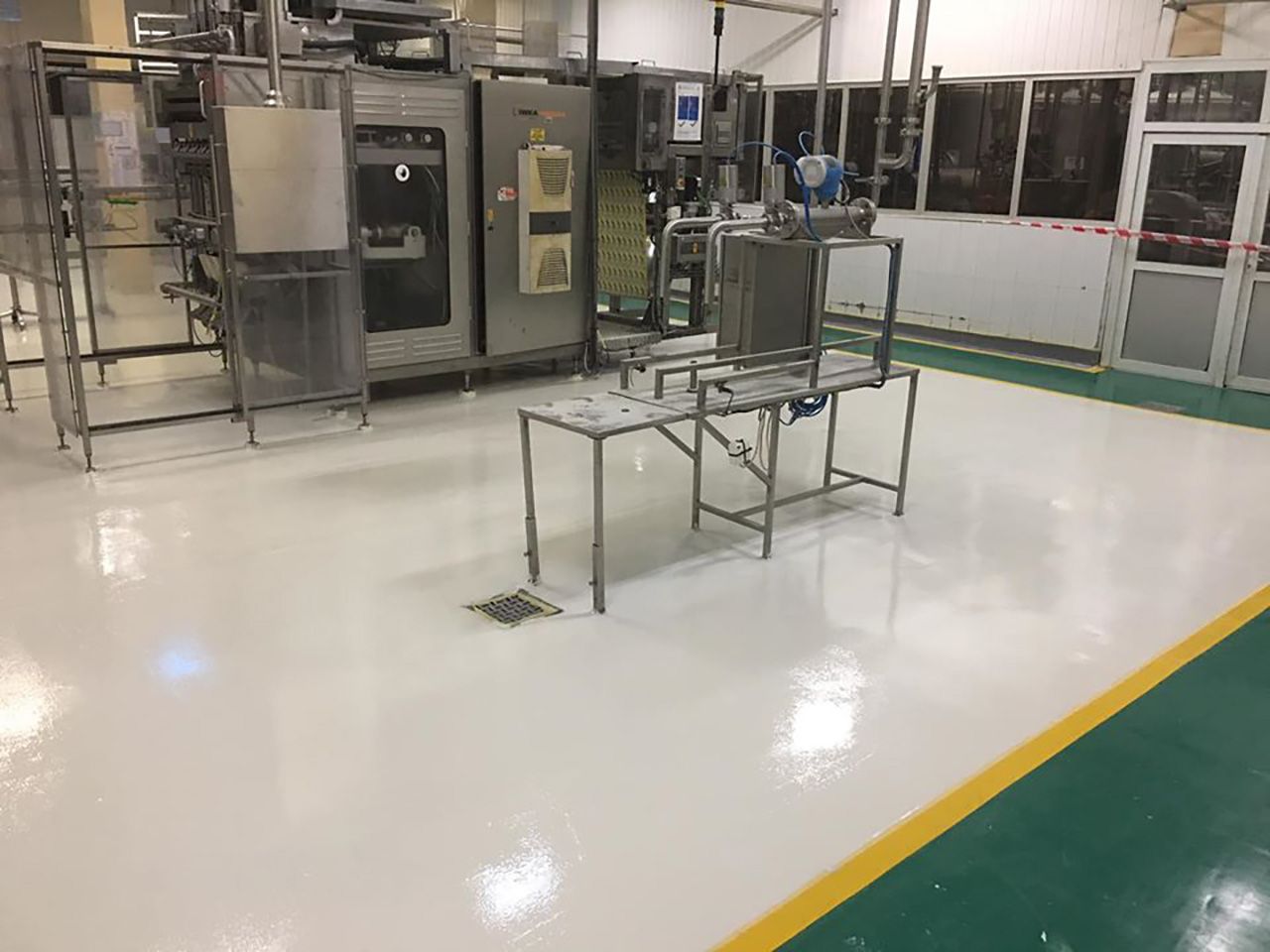
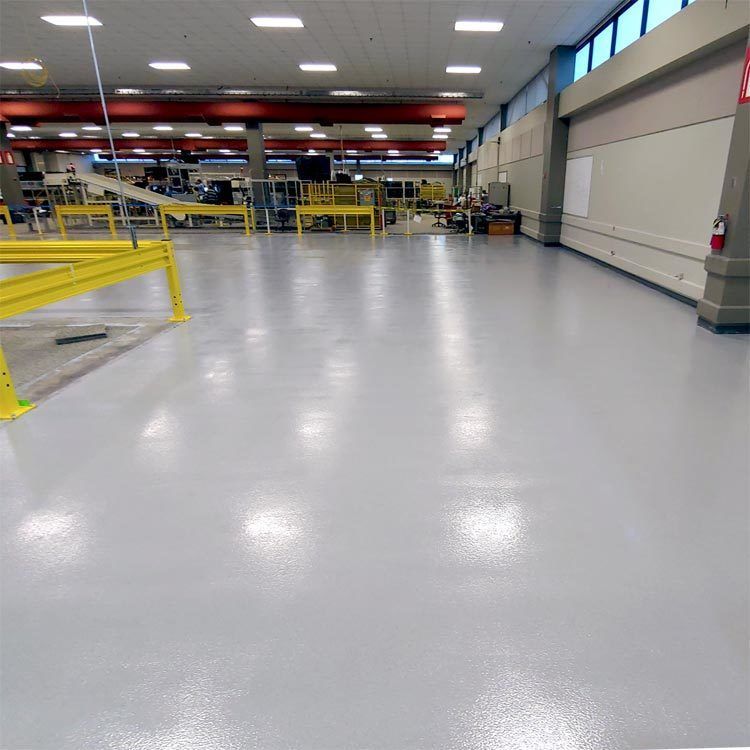
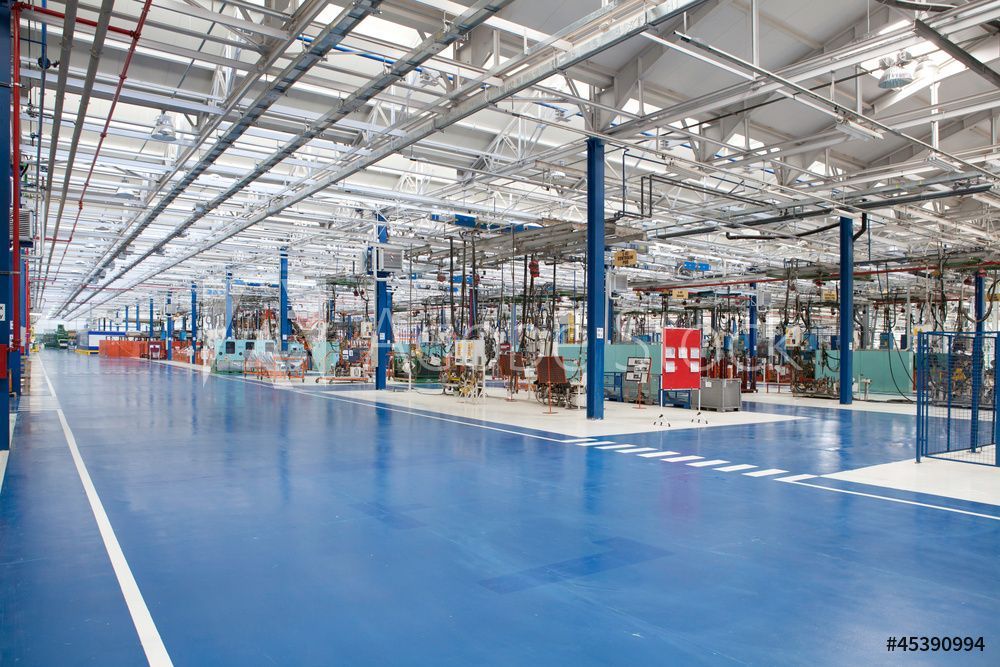
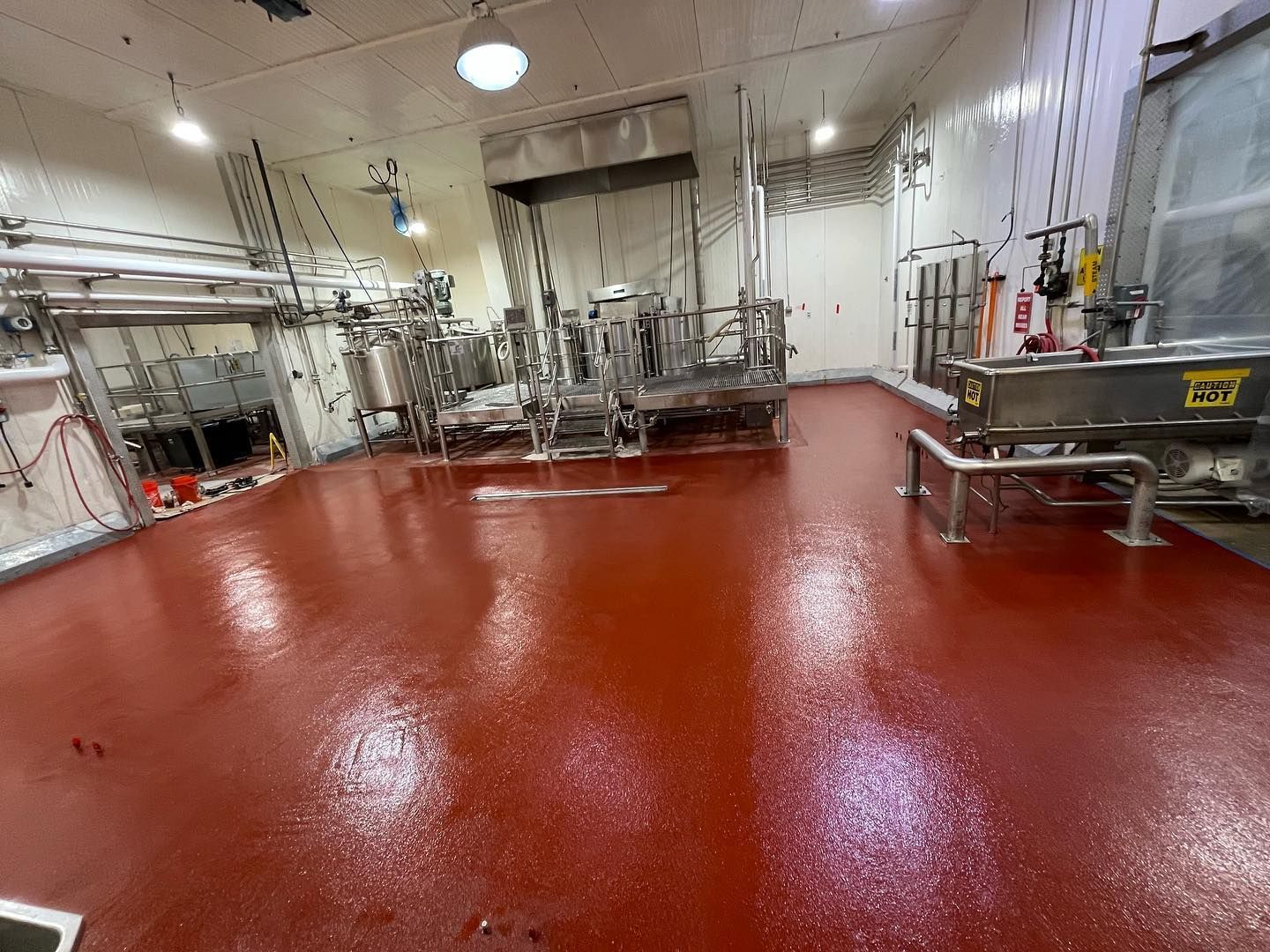
Share On: